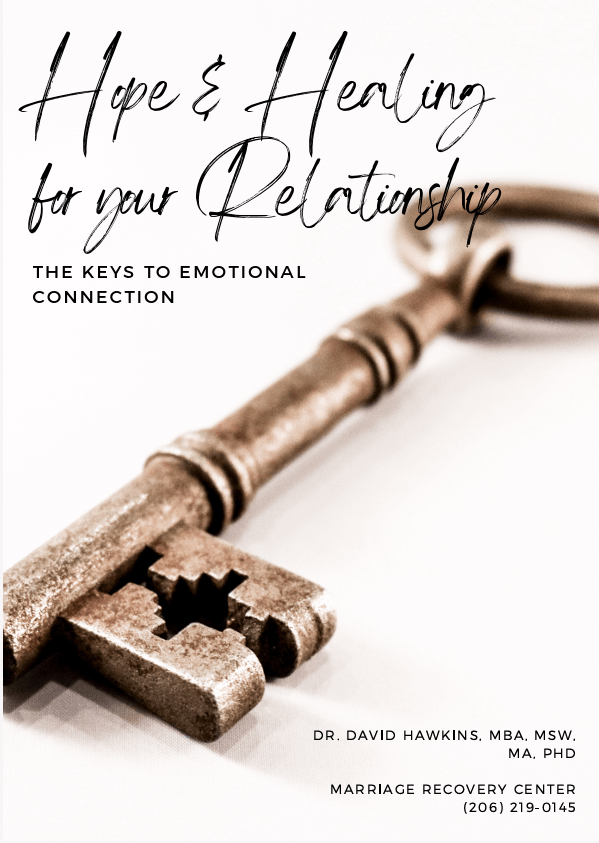Several episodes ago, I wrote about the damage that Hurricane Matthew had done to my road, and how you had to actually ignore the “Closed Road” sign to get to your destination if you were coming to my house. But, the analogy doesn’t stop there: You can’t just go barreling along happy as a lark down the same road. You must be very intentional about where you’re going, and know where to turn off the main road. Otherwise, you end up over your head in 25 feet of water with no way of salvaging your car. It would probably be even more mess and brokenness than if you had followed the “closed road” signs and simply went the wrong direction. Carelessness will end you up in a ditch full of water.
The prudent see danger and take refuge, but the simple keep going and pay the penalty. (NIV)
The prudent sees the evil and hides himself, But the naive go on, and are punished for it. (NASB)
Proverbs 22:3
The point, of course, is to know where you’re going. Not everyone will agree with you, and there is obvious danger ahead. Practically speaking, knowing where you’re going means having an idea of the kind of person you are striving to become, and what you want your story to tell. What do you let others pull you into being? What do you need to do to eliminate ungodliness or destructiveness in your own behavior? Where do you need to refer to God’s road map more often? How do you use boundaries to keep you headed the right direction? Who do you have in your life to help give you good directions?
This Week’s Question:
My husband was the scapegoat child of two npd parents and abused for 3 decades in every way. He is working hard at recovery with the help of a counselor, but has still been verbally, physically and emotionally abusive to me. His anxiety greatly affects kids and I to the point of walking on eggshells in fear of causing an explosion at any second. If I tell him how I feel, or that the kids are afraid, he minimizes or says I’m always criticizing– totally gaslights me.
I have no help — how do I decide what to do??
Sharmen’s Answer:
The simple (but not easy!) answer is that you do what needs to be done for you and the kids to be safe and away from the gaslighting and walking on eggshells and fear. In other words, whatever you do needs to send the message that while you are so thankful for the work he is doing, those behaviors are still never okay, no matter how much he minimizes them. And because they are not okay, you and the kids will not be around him/engaging with him when he chooses to act out in those ways. Leave him to experience the pain of his own destructive behavior so he will find the internal motivation to change… By “leave him” I mean give him the space on his own to learn to manage his own emotions and behavior. This may mean asking him to move out for a bit until he can get a better handle on it. It definitely means that you do not engage in a way that feeds, enables, covers over, or fixes his bad behavior.
No matter what anyone’s past or upbringing has been, it never means they cannot do life differently than what they had modeled for them. We all know hundreds of stories of people who overcame great odds to reach something they wanted to reach. The key is “they” wanted it. It was their own internal motivation that drove them to find a way. The same thing is true within relationships: when someone wants to change their behavior, they change. And, the fastest way to help them want to change is by moving out of the way of consequences of their own behavior – letting them feel the pain of their own destructive ways.








